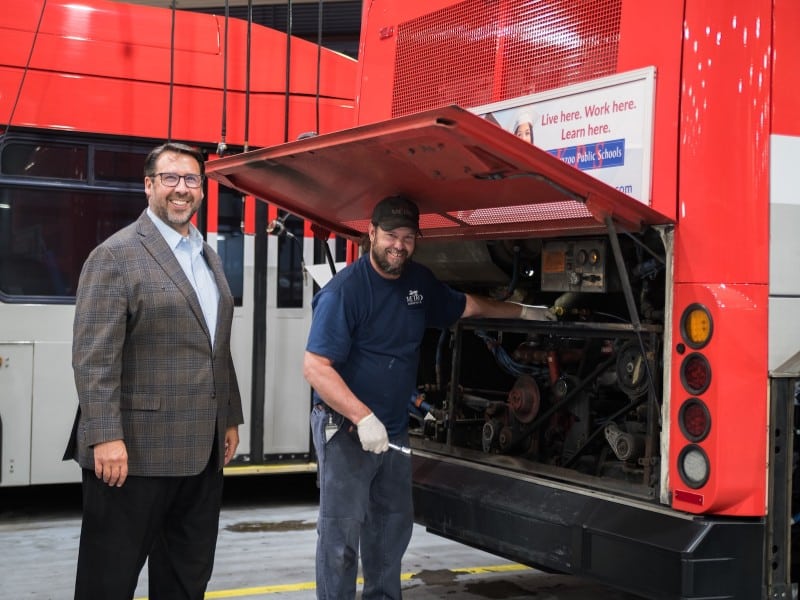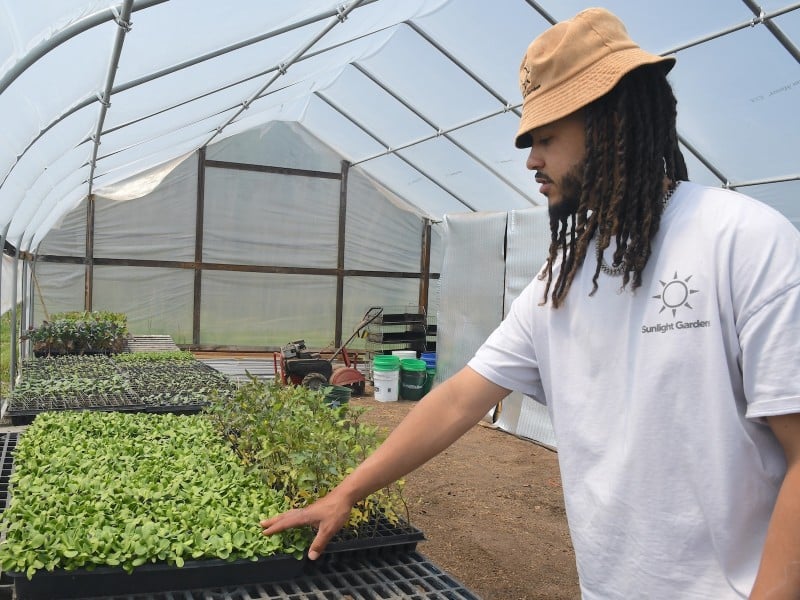ALPA Board details concerns with CFO development
May 5, 2015
To: The Board of Trustees, Western Michigan University
From The Board of Directors: Asylum Lake Preservation Association
Re: Development of the Colony Farm Orchard Property
This memorandum reflects our concerns about the internal and external aspects of the process of developing the CFO property, and our wish that the extended community will be involved as the development process proceeds.
1. The internal aspects of the property:
A. There are some oak trees which are over 100 years old which should be preserved, as they could serve as building blocks for restoring habitat and connectivity to adjacent properties. There are also apple trees, some of which may have been planted more than 100 years ago. Careful inventory of the valuable trees should be a first step in planning which areas would be designated for tenants.
B. In order to maintain ecological balance as much as possible, development should be concentrated in as few areas as possible, and in the areas which are already disturbed.
C. Wetland cover should be improved to reduce erosion and degradation of the quality of the water which will run into the Preserve. Deep-rooted native plants, as well as reducing or eliminating invasive plant species, will be useful in this effort. Best practices should be used in storm-water management construction and actively monitored.
D. While the archaeological features (house foundations, tools and household equipment) might be difficult to unearth, it should be valuable to investigate whether the granite foundation of the water tank, which is still evident, could be made into a central gathering area commemorating the former use of the land as part of the State Hospital. This would honor the memory and the work of the Welborn brothers in establishing significant park land for the community.
2. The impact of development of the property on the surrounding area
The main importance of the CFO property in relation to the surrounding area is its significance for the Asylum Lake Preserve:
A. The CFO now acts as a buffer from US 131. It is important that the property be developed so that maximum protection is maintained for the Asylum Lake Preserve.
B. Runoff from the area should be managed so that it does not cause significant harm to Asylum Lake and the watershed of the Preserve area.
C. The connectivity with the Preserve should be taken into consideration, so that there are trees at the eastern edge of the property to provide connection for the birds and animals with the Preserve area.
D. We have two unfortunate examples of the negative impact of recent development on adjacent areas: the leveling of the original wooded area at the corner of Drake and Stadium by American Village Builders, and the building of the Rubbermaid facility up against the historic Gibbs House on Parkview Avenue. In view of the potentially negative impact of development on adjacent areas, it would be best if development takes place more toward the west side of the parcel so that the east side could continue to be a buffer and a connection for the Preserve.
Conclusion
It is vitally important to the Asylum Lake Preservation Association that the development of the Colony Farm Orchard property be conducted with continuing input from those in the community who understand and value the ecology of this undeveloped space. We hope that, as WMU develops this land, a strong partnership with the community will be developed and maintained throughout any process.
The Asylum Lake Preservation Association is ready to assist in any way possible in such a collaborative effort. Specifically, given the unfortunate experiences of the past, we would like to be included in the process of developing the plans, not just having a chance to review them once they have been developed. Being included in the process from the beginning, ALPA’s knowledge and experience, as well as that of other community members, would greatly enrich the resulting plans and make them more widely accepted in the community.
Sincerely,
Donna Tellam, ALPA President















